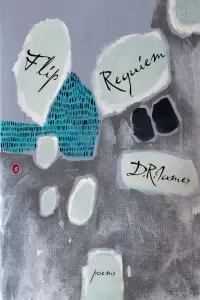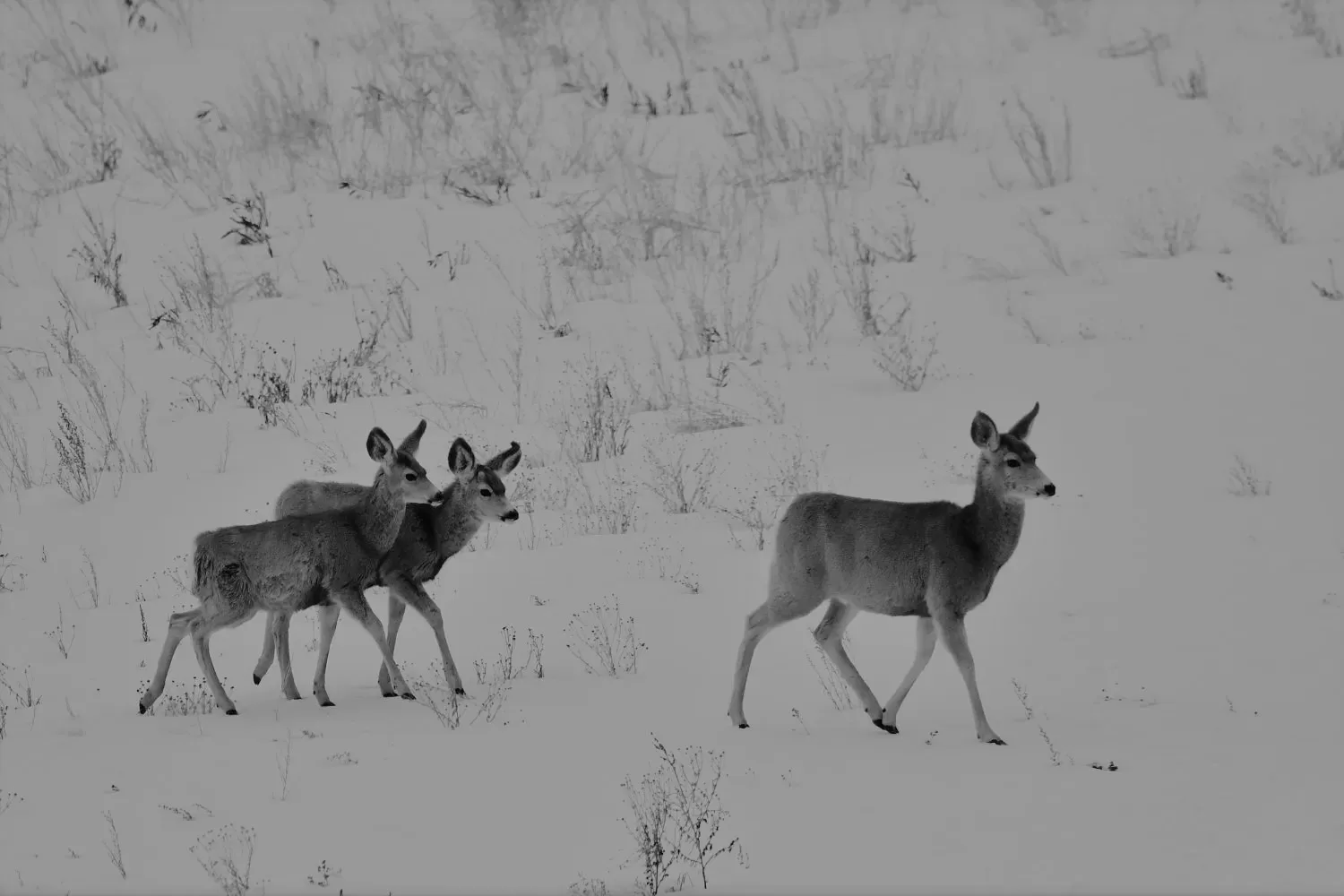Rite of Passage
In Bali, it’s the filing of the canines
to limit boys’ wild adolescence.
Among Cameroon’s Baka Pygmies
it’s the Spirit of the Forest killing
boys to be reborn as men. And in rural
Illinois, 1964, the May grass green,
resilient as Astro Turf, it’s initiation
into the fraternity of boys-who-mow.
My turn now to untangle the Craftsman
from the rakes and bikes, top it off
with the dregs of last year’s gasoline,
find my chest exceeds the handles,
but I can barely pull the cord. It takes
twenty tugs, more and less throttle,
more and less choke, for the engine
to catch, cough, and wreathe me in its
blue-black smoke. Maneuvering
the sidewalk is easy, dried leaves
and spring debris parting as I push.
But once I clear the pavement, bounce
down into that first of countless rounds,
I become a summer Sisyphus, mini-
supplicant leaning into the pleasure
of some sadistic god. Luckily it’s
post-Ike, post-JFK, so the power-push
is soon supplanted by the self-propelled,
then the Wheel Horse rider. Slow-forward
eight years, parents away on vacation,
and I take to trick-driving in third gear,
careening in circles, graduate at my
County job to Farmall tractors, tires
taller than fence posts, brush hogs whose
twin two-foot blades mangle anything
along a country road. One breezy day
in May, I find where Midwest rabbits nest—
in the green shade of a fencerow crabapple,
invisible in the long grass eight feet
away from the shoulder. And once I’ve run
the lowered mower over them, glanced
back to horror, a dozen brown and blue-red
bodies roiling behind the roar, I mimic
how other men can keep on mowing.
Snow Day
A half-foot of fresh snow shows fresh tracks
crisscrossing our little clearing in the trees.
The three does we’ve been getting to know,
already half-way through their freshman year,
have plowed a white furrow looking for
the feed we’re guilty of sowing for them.
We’ve heard all the arguments. But with the
Congress of clueless children back in from recess,
fretting and fussing within their little uniforms,
all a-Twitter about that bully on the playground,
we’re elated to awaken to our own snow day
and to see the neighbors have paid a visit.
It’s only a break from that other nagging reality,
for we know it won’t last, that the road crews
have been out all night and that this stint likely
won’t go beyond a mid-morning delay. But
as their trails fade, I’m imagining roaming woods
with those rural kids, lucky to stay away all afternoon.
Thoreau
I’d have to get the handbook out
to identify the tiny bird scuttling
around the oak trunk by the back door.
So I don’t, and what’s the difference,
since you know whom I’m seeing—
plump ovoid, mostly globe the shape
of a downy tear, mostly brown, maybe
some yellow, some black and white,
always looking up even as it scrolls
down and across the ragged bark,
even as new snow sifts on a slant
into the ebony pinheads of its eyes.
And I said oak but would have to
look that up too if our deed didn’t
claim it and I hadn’t heard they cling
to those beige scraps flapping at me
as I sit here realizing I don’t know
much at all. Henry Thoreau would know
both, and I’m remembering he also knew
no difference between being committed
to a farm or the county jail. Emerson
could gladly bankroll my home, too—
own the oaks and whatever other trees
I don’t know that surround me and
hold the birds and shield the deer.
I’d concentrate on reading Walden
and living off the grid like my friend’s
ex’s best friend, who parked his van
in her front yard, plugged his TV
into her outside outlet, showed up
in time for family dinners so he could
decry committing to materialism.
If that bird on that tree had a choice—
could choose—I’d imagine he or she
(whatever coloring signifying which)
would stick to the avian grid, Thoreau
having also said that in his cabin he’d
caged himself among the wild birds.
—first published in I-70 Review
 D. R. James’ latest collection, Flip Requiem, was published by Dos Madres Press and is available here.
D. R. James’ latest collection, Flip Requiem, was published by Dos Madres Press and is available here.
Learn more about D. R. James on the Contributors page.
(Photo: Larry Lamsa/flickr.com/ CC BY 2.0)
*
Introducing the 2023 Best in Rural Writing Contest. $300 in prizes, as well as great exposure for shortlisted authors. Deadline: September 30th, 2023. For more details go here.
![]() We’re grateful to partner with AcresUSA, who is North America’s oldest publisher on production-scale organic and regenerative farming. AcresUSA regularly organizes events to benefit farmers and ranchers who are actively improving soil health, agronomists breaking new ground in soil and plant science, and livestock managers cultivating holistic systems. Browse their events page to see what they have planned for 2023.
We’re grateful to partner with AcresUSA, who is North America’s oldest publisher on production-scale organic and regenerative farming. AcresUSA regularly organizes events to benefit farmers and ranchers who are actively improving soil health, agronomists breaking new ground in soil and plant science, and livestock managers cultivating holistic systems. Browse their events page to see what they have planned for 2023.
- Three Poems by D. R. James - August 17, 2023

